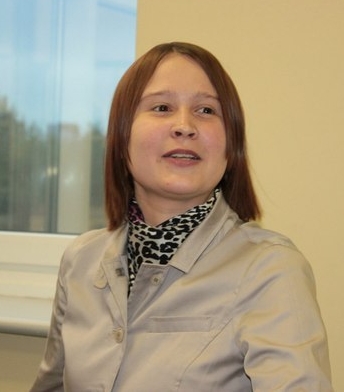The article deals with the study of intra-Lutheran opposition movements (Haugeanism, Grundtvigianism, Laestadianism) in Northern Europe and Pashkovites in Russia, as well as the role of national and cultural revival in these movements. The role of notions of people and the importance of national identity among religious dissidents is examined. Special attention is paid to the Finnish national revival in the Russian Empire. The role of education and enlightenment among Pietists, Grundvigians, Finnish Lutherans and Pashkovites in Russia is analyzed. In general, the following features were characteristic of opposition religious movements in Northern Europe and Russia. The national-cultural revival was not separated from the spiritual revival – conversion to God inevitably brought about changes both in the immediate environment and in the country. Religious dissidents painted the ideal image of the nation, indicating that its best features reflect Christian virtues; Pashkovites believed that properly enlightened Russia, where “Evangelical believers” of different denominations would unite, would set an example for the whole world. The Sami for Laestadius and the Finns for Topelius are becoming a new God-chosen nation. The foundations of the nation unity are mythology, language, and symbolism; North European religious leaders contributed to the language and state symbols of their nations, Laestadius in a Christian way rethought Sami mythology. The common thing for religious dissidents was the emphasis on education: they opened schools (Nikolai Grundtvig opened a new type of educational institution), distributed religious literature, published brochures and books and translated foreign books and articles. Women played a large role in religious education. In general, representatives of the religious opposition movements saw their activity as a service to God and the people.
Keywords: Hans Hauge, Nikolay Grundtvig, Lars Levi Laestadius, Sakarias Topelius, Bernt Anker, Pashkovites, Vasiliy Pashkov, Julia Zasetskaya, Vera Gagarina
DOI: 10.22250/2072-8662.2020.1.29-35
About the author
 |
Oksana V. Kuropatkina – PhD (Cultural Studies), Deputy Director of Study and Development of Cross-Cultural Relations Center;
|






